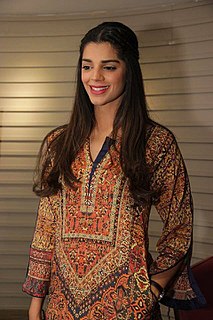A Quote by Megan Rapinoe
We need to have a more thoughtful, two-sided conversation about racial issues in this country.
Quote Topics
Related Quotes
We are not post-racial. And in many ways we don't even know how to have a conversation about being post-racial. Until we get out of that old-school way of thinking about race and opportunity and the ability to transcend some of the past of this country, then we're going to be stuck in the 20th-century conversation about race.
I think that we need to have an honest conversation in this country. This idea that somehow we're beyond sexism, beyond racism is just wrong. And this is where having an honest conversation with white men about their issues and their concerns, and having honest conversations about the experiences that African-Americans are still having, despite who's the president of the United States, in the criminal justice system that we see in sentencing, we see in policing and a lot of these issues.
Being bi-racial and being from the country, I can talk to guys like Travis Frederick from Wisconsin and Doug Free from Wisconsin. And then I can go over and talk to Dez Bryant. I mean, think about the two different standpoints you need to have a real conversation with both, to really understand what they've been through.
Transgender issues, and LGBT issues generally, have entered the public conversation on a national level, so there's more need to find people to talk about them. Which I think is great! I like to do that, and I think it's important and necessary, but hopefully there will be a day where I don't have to keep talking about it.
The conversation that the Senate and the House are having with the President [Barack Obama] was very similar to the conversation that [John] McCain and I were having, which was two people talking over each other and nobody really addressing the underlying issues of what kind of country do we want to be.
My experience as a Jewish American has often been as a spectator of one-sided conversations, or more like monologues, about Israel, Jewish History, Jewish identity, etc. Although there are profound divisions amongst Jews on all of these topics there are not many opportunities for deep and thoughtful dialogue about them.
We need to start identifying the triggers that aggravate mental health issues in our society - bullying, social media negativity and anxiety, gender based violence, substance abuse, stigma around issues such as maternal issues, etc., and we need to speak up about these more and get to the source of the problems.



































